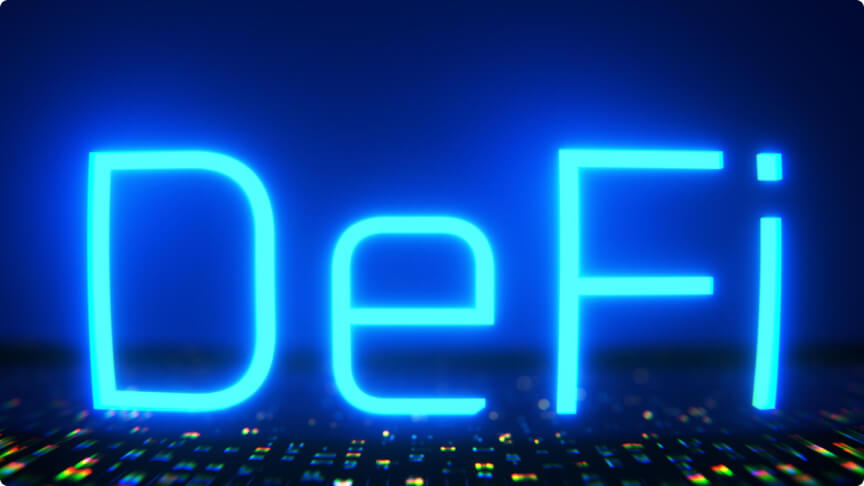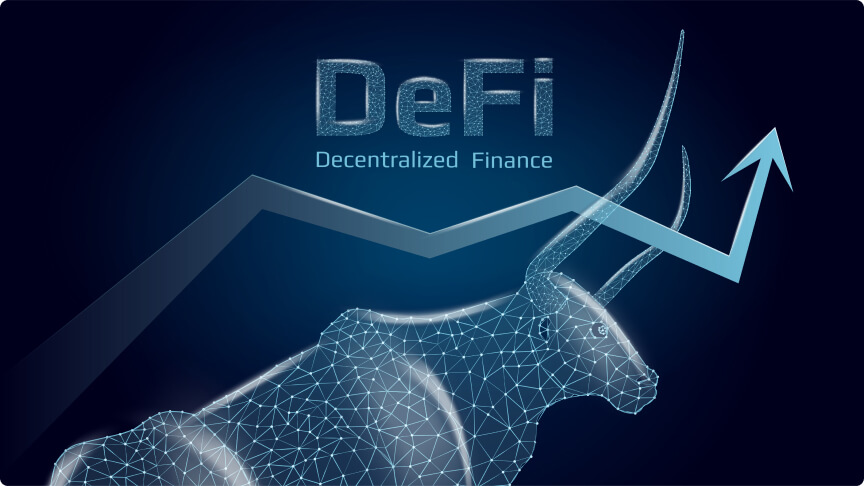Decentralized Finance (DeFi) has revolutionized the traditional financial landscape by leveraging blockchain technology to create open, permissionless, and trustless financial services. DeFi enables anyone with an internet connection to access a wide range of financial products without intermediaries like banks or brokers. This article explores the fundamental aspects of DeFi, its key components, and the transformative impact it is having on the financial ecosystem.
Checklist:
- Understanding the core components of DeFi
- Recognizing the role of smart contracts in DeFi
- Exploring the benefits of decentralized exchanges (DEXs)
- Comprehending the importance of liquidity pools
Understanding the Core Components of DeFi
DeFi is built on several core components that work together to provide decentralized financial services. These include smart contracts, decentralized exchanges (DEXs), liquidity pools, and lending protocols. Smart contracts are self-executing contracts with the terms of the agreement directly written into code, eliminating the need for intermediaries. DEXs enable peer-to-peer trading of cryptocurrencies, while liquidity pools facilitate the pooling of assets to ensure market efficiency. Lending protocols allow users to lend and borrow cryptocurrencies in a decentralized manner, often with attractive interest rates.
"DeFi represents a paradigm shift in the way we think about and interact with financial services, offering unprecedented access and opportunities to individuals around the world."
Smart Contracts: The Backbone of DeFi
Smart contracts are the backbone of DeFi, enabling automated, trustless, and transparent execution of financial transactions. These contracts are deployed on blockchain platforms like Ethereum, ensuring that once conditions are met, the contract executes automatically. This innovation reduces the need for third-party verification and significantly lowers transaction costs and times.
Exploring the Future of DeFi
The DeFi ecosystem is continuously evolving, with new innovations and applications emerging regularly. As blockchain technology advances, we can expect to see even more sophisticated financial products and services that further decentralize and democratize finance. Regulatory challenges and security concerns remain, but the potential of DeFi to transform the financial landscape is undeniable.

By understanding and engaging with the core components of DeFi, investors and users alike can take advantage of the numerous opportunities this innovative sector offers. The rise of decentralized finance is just the beginning of a financial revolution that promises to reshape our world.
Lending Protocols: Democratizing Financial Services
DeFi lending protocols have democratized access to financial services by allowing users to lend and borrow assets without intermediaries. Platforms like Aave and Compound offer attractive interest rates and flexible terms, providing an alternative to traditional banking services. These protocols utilize smart contracts to automate and secure lending processes, ensuring trust and transparency.



